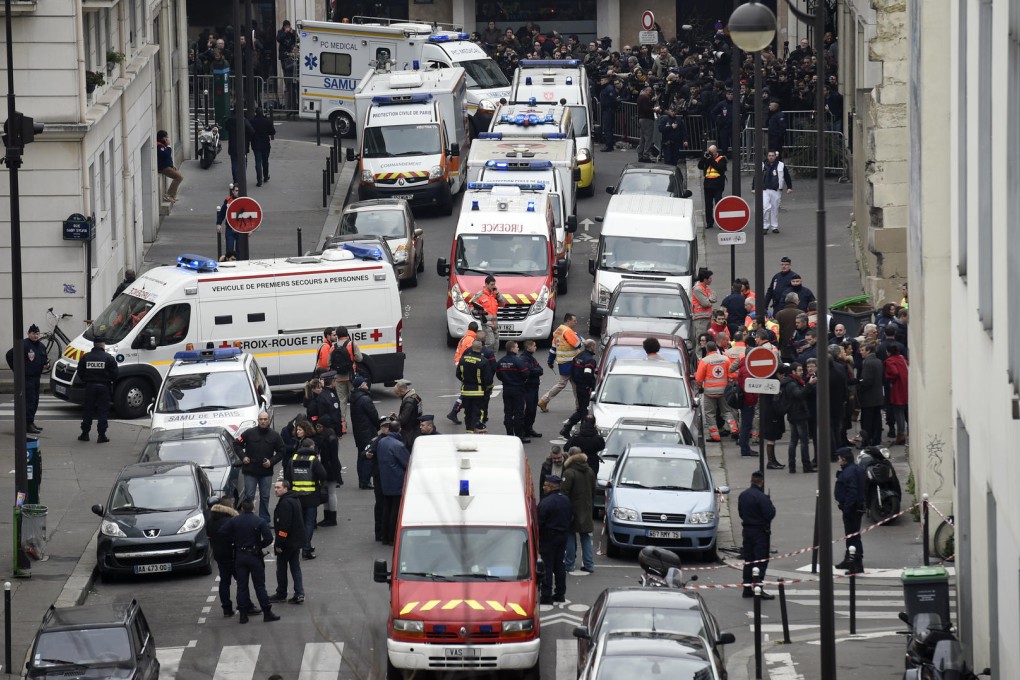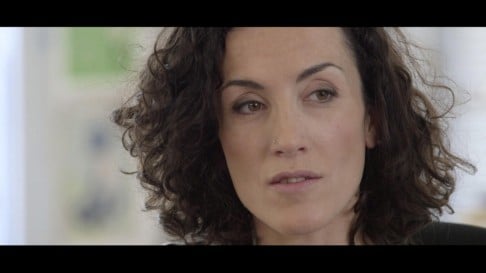Documentary about the Charlie Hebdo massacre wants us to refocus on the principles at stake
A father-and-son team of filmmakers want to rescue the Charlie Hebdo debate from the trivia they think has made us lose sight of the importance of what happened

The attack on Charlie Hebdo in January left 12 dead and 11 injured, a massacre carried out by Saïd and Chérif Kouachi, brothers who were linked to al-Qaeda in Yemen. A movement gathered, bringing four million French people to the streets in the days following the attack. Donations of at least US$18 million, in what Vanity Fair called "tragedy money", have flowed in from supporters since.
These events are covered in a new documentary, Je Suis Charlie, which premiered at the Toronto film festival earlier this month. Directed by father-and-son team Daniel and Emmanuel Leconte, the film reuses clips from Daniel's previous documentary, It's Hard Being Loved by Jerks, to introduce the Charlie staff - including prominent cartoonists Charb, Cabu, Wolinski and Tignous, who were killed - to a wider audience. Footage of the dead working, arguing, singing karaoke in their downtime is cut together with eyewitness accounts from the survivors of the attack.

"It was the first time I'd heard a gunshot," says cartoonist Corinne Rey (known as "Coco"), who survived after being forced at gunpoint to let the masked attackers into the packed conference room. "It's a really shitty noise. Nothing at all like the movies. Just 'tak-tak'."
Everybody's asking: 'Is it politically correct to say this? Can we show the cartoons of Charlie Hebdo? What are they doing with the money?' What are you guys talking about?
Emmanuel Leconte says he and his father were keen to bring the attention back to the staff of the magazine. He believes the fundamental point - that no one deserves to die for exercising their right to free speech - has been lost in the debate since. "We have to put the focus back on them," he says. "Everybody's asking: 'Is it politically correct to say this? Can we show the cartoons of Charlie Hebdo? What are they doing with the money?'